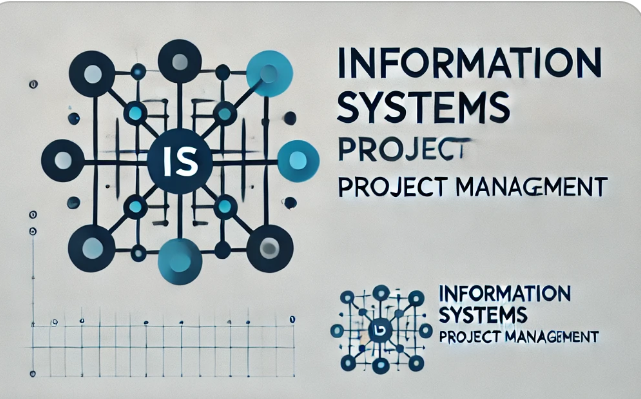Root cause analysis (RCA) is a systematic approach to problem-solving that aims to identify the underlying cause of an issue. It is an essential tool for project managers, allowing them to identify the root cause of problems and develop effective solutions to prevent them from recurring. In this article, we will discuss the key components of root cause analysis, its importance in project planning, and best practices for conducting a root cause analysis.
Recently, my role has changed to Project Manager within Corporate FSI (Foreign Systems Interfaces) team at Universal Health Services. While I have been technically managing implementation, and new builds for our Acute facilities involving Physician Billing for the last two-three years, it’s nice to pursue this course, officially.
Key Components of Root Cause Analysis
- Define the problem: The first step in conducting a root cause analysis is to clearly define the problem. This involves identifying the symptoms of the problem, determining the impact on the project, and understanding the context in which the problem occurred.
- Gather data: Once the problem is defined, data is gathered to help identify the root cause of the issue. This may involve reviewing project documentation, interviewing team members, and analyzing project metrics.
- Identify contributing factors: The next step is to identify the contributing factors that led to the problem. This involves looking beyond the immediate cause of the issue and identifying the underlying causes of the problem.
- Determine the root cause: Based on the contributing factors, the root cause of the issue is determined. This is the fundamental reason why the problem occurred and must be addressed to prevent the issue from recurring.
- Develop a corrective action plan: The final step in RCA is to develop a corrective action plan to address the root cause of the problem. This involves identifying specific actions to address the root cause and assigning responsibility for implementation.
Importance of Root Cause Analysis in Project Planning
Root cause analysis is essential to the success of any project. By identifying the root cause of a problem, project managers can develop effective solutions to prevent the issue from recurring. RCA helps to:
- Enhance project outcomes: Root cause analysis helps project managers identify and address the underlying causes of issues, leading to improved project outcomes.
- Improve project efficiency: By identifying and addressing inefficiencies and bottlenecks, RCA helps to streamline processes and optimize resource allocation, leading to improved project efficiency.
- Promote continuous improvement: RCA helps to identify opportunities for improvement and fosters a culture of continuous improvement by encouraging team members to identify and address issues.
Best Practices for Conducting Root Cause Analysis
- Involve the right stakeholders: Conducting a root cause analysis involves gathering input from team members, stakeholders, and subject matter experts. It is essential to involve the right stakeholders to ensure that all perspectives are considered.
- Use data to inform decision-making: Data plays a crucial role in identifying the root cause of a problem. Project managers should use data to inform decision-making and ensure that their RCA efforts are focused and effective.
- Focus on the root cause: It is essential to focus on the root cause of the issue and not just the symptoms. This ensures that the corrective action plan addresses the underlying cause of the problem, preventing it from recurring.
- Implement changes: Once the root cause of the problem is identified, changes should be implemented to prevent the issue from recurring. It is essential to assign responsibility for implementation and monitor progress to ensure that the changes are effective.
- Continuously evaluate progress: Continuous evaluation of progress is essential to ensure that the corrective action plan is effective. Project managers should monitor project metrics and regularly evaluate progress to determine if additional changes are needed.
In Summary
Root cause analysis is a critical tool for project managers. By identifying the underlying causes of issues, project managers can develop effective solutions to prevent problems from recurring. To conduct a successful root cause analysis, project managers should involve the right stakeholders, use data to inform decision-making, focus on the root cause, implement changes, and continuously evaluate progress. By following these best practices, project managers can ensure that their RCA efforts lead to better project outcomes and a culture,
#infobymattcole




2 thoughts on “Root Cause Analysis”
Comments are closed.